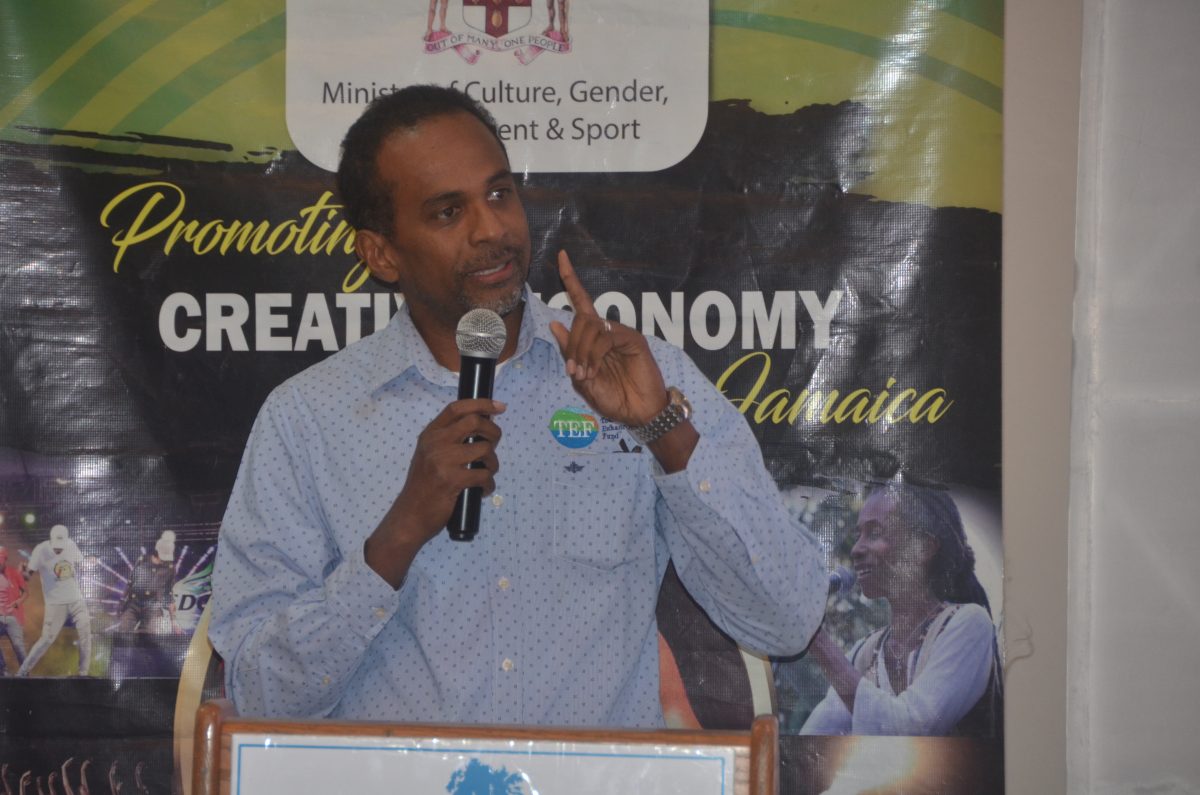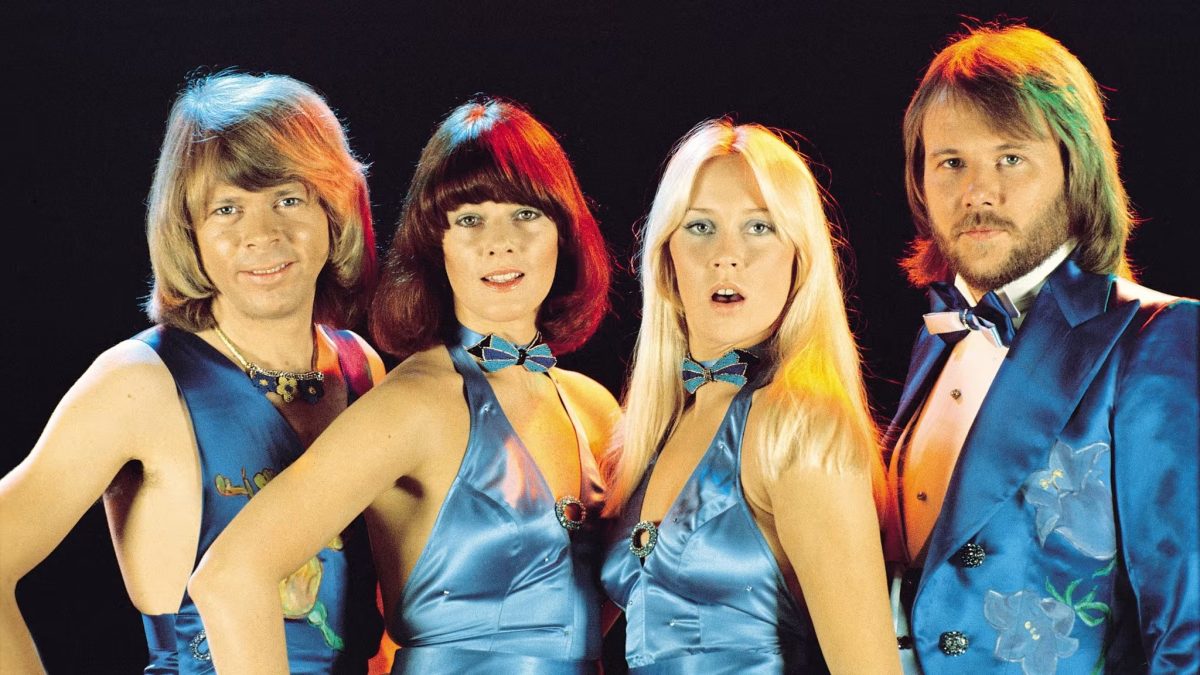Music Can Surpass Tourism As Jamaica’s Number One Industry, Says TEF Executive Director

Executive Director of the Tourism Enhancement Fund (TEF) Carey Wallace says he believes Jamaican music and culture has the wherewithal to join and even surpass tourism as the island’s biggest income earner, akin to what legendary pop group ABBA did for Sweden in the 1980s.
“As you know – and not one person is going to second-guess me, our culture is our strongest brand. There is something about us as a brand, a people, a culture. Yet, from an economic standpoint, culture is not our number one income generator. Tourism is the number one industry ,” Dr. Wallace pointed out at the recently-held Negril Entertainment Conference.
“Yes, there are synergies with our culture and tourism, but think about it, our entertainment industry, being such a huge brand globally, there is a gap. It should be Jamaica’s number one industry,” he added.
The tourism executive expounded on the gains that ABBA—considered one of the most successful groups of all time—brought to the Swedish economy, coming in number two behind car manufacturers Volvo in 1984 in terms of exports. Dr. Wallace said Jamaica could accomplish the same if industry players unite for the greater good.
“In 1984, Sweden’s second-largest export – Sweden is not a poor country enuh. Sweden is Scandinavian, one of the richest countries in the world. In 1984, their second-largest export was ABBA. The group ABBA. ABBA was second to Volvo,” he said.
“So it means that us as a nation that churns out so much music – yes we are the music factory. That’s the opportunity for us, if we organise. It’s a team sport. Even though we see the individual celebrities, it really is a team sport to get us to those kinds of heights that we are talking about where music we can be the number one export of the nation… It creates a lifestyle in Jamaica which is second to none…which is heaven on earth to the rest of the world,” he added.
In October 2014, the BBC noted that the Swedish quartet ABBA had, up to that time, sold in excess of 380 million albums and singles since they first came to prominence. They described the feat as “unprecedented popularity for an act from outside the English-speaking world.”
“At their commercial zenith in the late ‘70s Abba were reputedly second only to Volvo in their contribution to Sweden’s exports. Such was the demand for their music that their management had to arrange for royalties from the Soviet Union to be paid in oil commodity rights rather than the embargoed rouble,” the BBC article said.
In March 2022, Reuters reported the Swedish government had awarded ABBA, the country’s music export prize, for their contribution to Swedish music in 2021, and had also thanked them “for 50 years in music and for selling more than 400 million records since their formation.
The government noted that ABBA’s latest album Voyage which was released in November 2021, topped the charts in 18 countries, was the year’s best-seller in Germany, reached the band’s highest position in the United States and was the fastest-selling album in Britain since the turn of the century.
Sweden continues to reign in music exports in recent times. A November 2013 article in the Financial Times revealed that in 2011 the nation of 9.5 million produced music exports worth more than $150m – the largest per capita in the world.
The Abba Gold: Greatest Hits compilation, which was released in 1992, is still one of the biggest-selling albums ever, and is also the UK’s second best-selling album of all time. (Bob Marley’s Legend is the 17th best selling album in the UK)
The band’s record sales are said to have been built on Swedish talent with most of the group’s songs recorded in their homeland using local labour and resources, a vital source of experience for the country’s later pop boom, according to the Financial Times.
ABBA rose to global stardom after winning the Eurovision Song Contest in 1974 with the song Waterloo. They followed up with hits such as Money, Money, Money and Dancing Queen, before they split in the early 1980s as the marriages of the two couples who made up the band dissolved.
The group, which is made up of Bjorn Ulvaeus, Benny Andersson, Agnetha Faltskog and Anni-Frid Lyngstad, has even dabbled in Reggae music in the past with their Tropical Loveland song from their ABBA album, in 1975.
In 2018, during her address at the Opening Ceremony of the UNESCO Creative City of Music Subnetwork, in Kingston, Entertainment and Culture Minister Olivia “Babsy” Grange, had described Reggae music “as Jamaica’s most valuable yet undervalued export.”
She had said that while the International Monetary Fund’s World Economic Outlook GDP Estimate for Jamaica was US$14.6 billion, of which creative industries represented approximately five per cent or US$730 Million and that music, represented almost two percent of that total, the numbers “did not tell the full story of Reggae music and its impact on the poor and dispossessed” of Kingston city which created six distinct genres of music – Mento, Ska, Dub, Rocksteady, Reggae and Dancehall – within the last 50 years.

